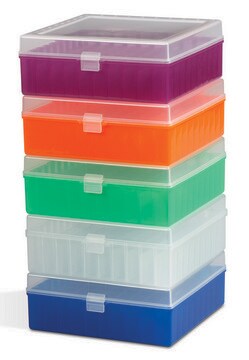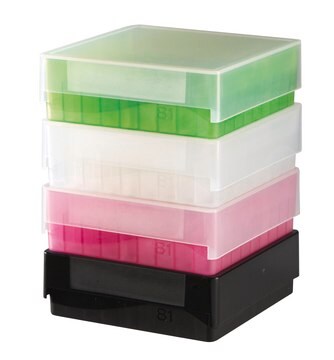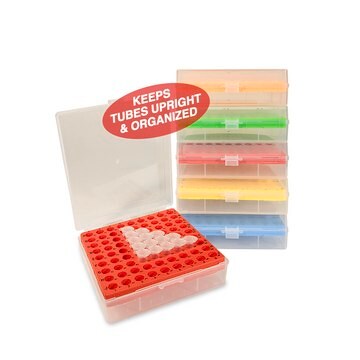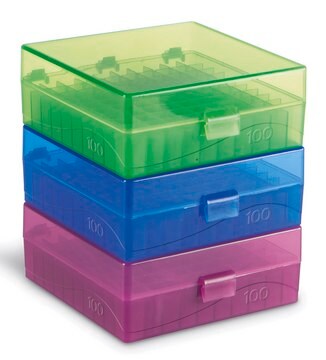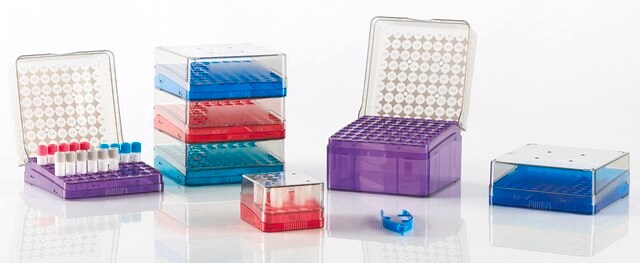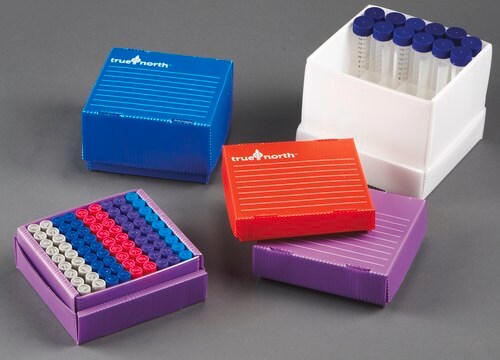MABF158A
Anti-CD3e (Mouse), PE-Cy7, clone 145-2C11 Antibody
clone 145-2C11, from hamster(Armenian), PE-Cy7
Sinónimos:
T-cell surface glycoprotein CD3 epsilon chain, T-cell surface antigen T3/Leu-4 epsilon chain, CD3e, CD3e
About This Item
Productos recomendados
origen biológico
hamster (Armenian)
Nivel de calidad
conjugado
PE-Cy7
forma del anticuerpo
purified antibody
tipo de anticuerpo
primary antibodies
clon
145-2C11, monoclonal
reactividad de especies
mouse
envase
antibody small pack of 25 μg
técnicas
flow cytometry: suitable
isotipo
IgG
Nº de acceso UniProt
modificación del objetivo postraduccional
unmodified
Información sobre el gen
mouse ... Cd3E(12501)
Descripción general
Inmunógeno
Aplicación
Inflammation & Immunology
Immunoglobulins & Immunology
Calidad
Flow Cytometry Analysis: 1 μg from a representative lot detected CD3e in one million C57Bl/6 splenocytes.
Forma física
Almacenamiento y estabilidad
Note: It is recommended to store the product undiluted at 2-8°C and protected from prolonged exposure to light. Do not freeze.
Otras notas
Cláusula de descargo de responsabilidad
¿No encuentra el producto adecuado?
Pruebe nuestro Herramienta de selección de productos.
Código de clase de almacenamiento
12 - Non Combustible Liquids
Clase de riesgo para el agua (WGK)
nwg
Punto de inflamabilidad (°F)
Not applicable
Punto de inflamabilidad (°C)
Not applicable
Certificados de análisis (COA)
Busque Certificados de análisis (COA) introduciendo el número de lote del producto. Los números de lote se encuentran en la etiqueta del producto después de las palabras «Lot» o «Batch»
¿Ya tiene este producto?
Encuentre la documentación para los productos que ha comprado recientemente en la Biblioteca de documentos.
Nuestro equipo de científicos tiene experiencia en todas las áreas de investigación: Ciencias de la vida, Ciencia de los materiales, Síntesis química, Cromatografía, Analítica y muchas otras.
Póngase en contacto con el Servicio técnico